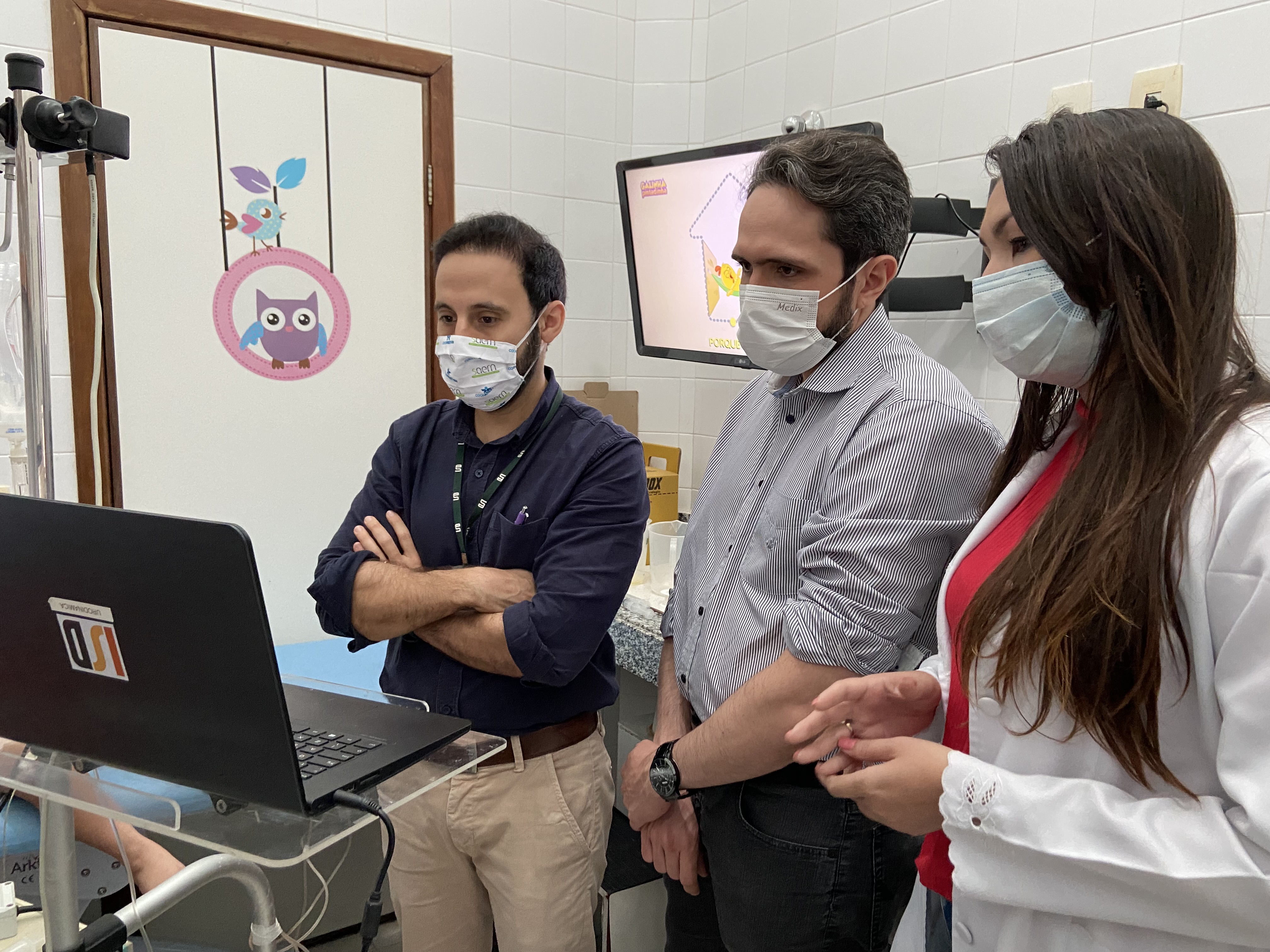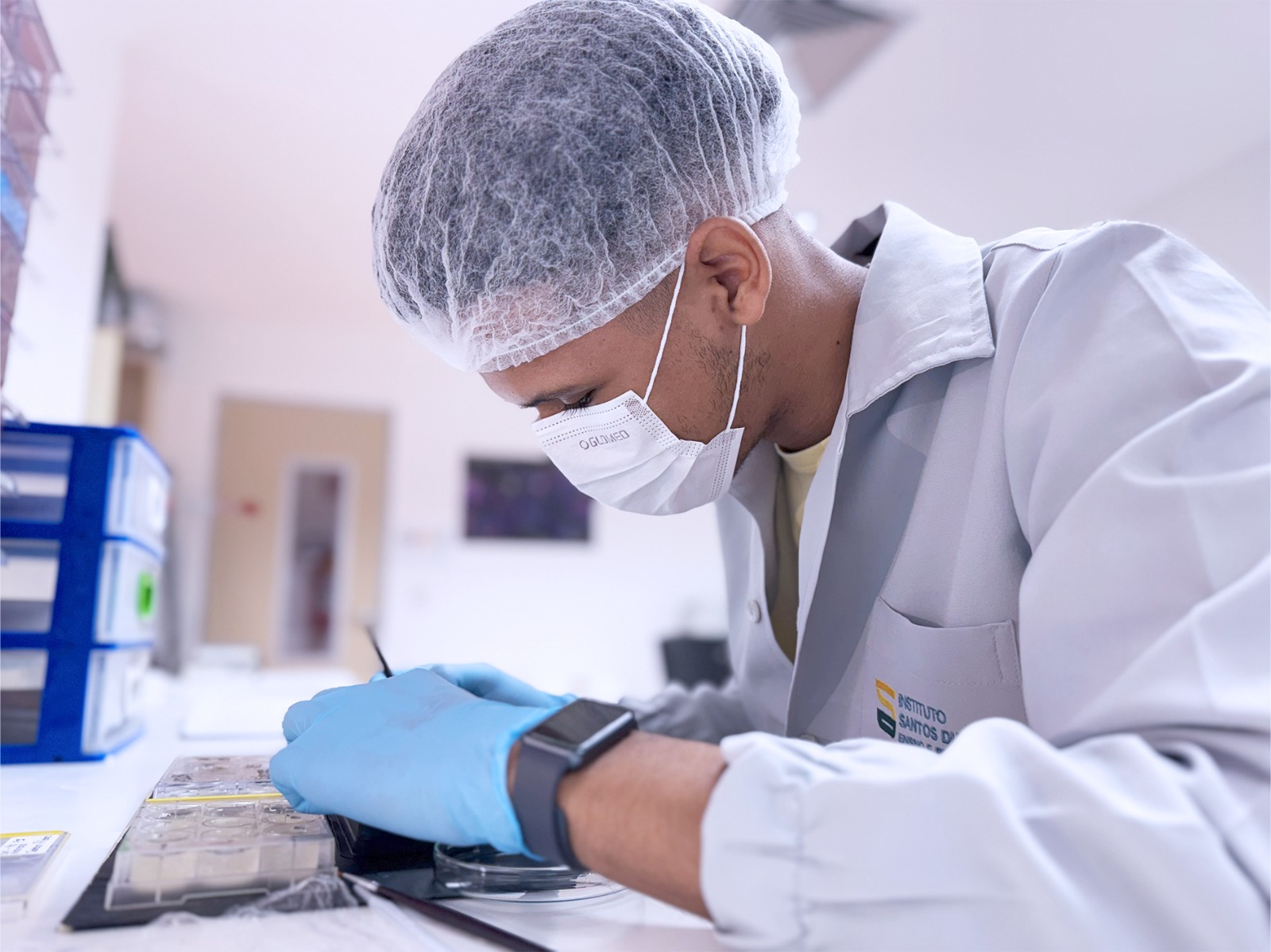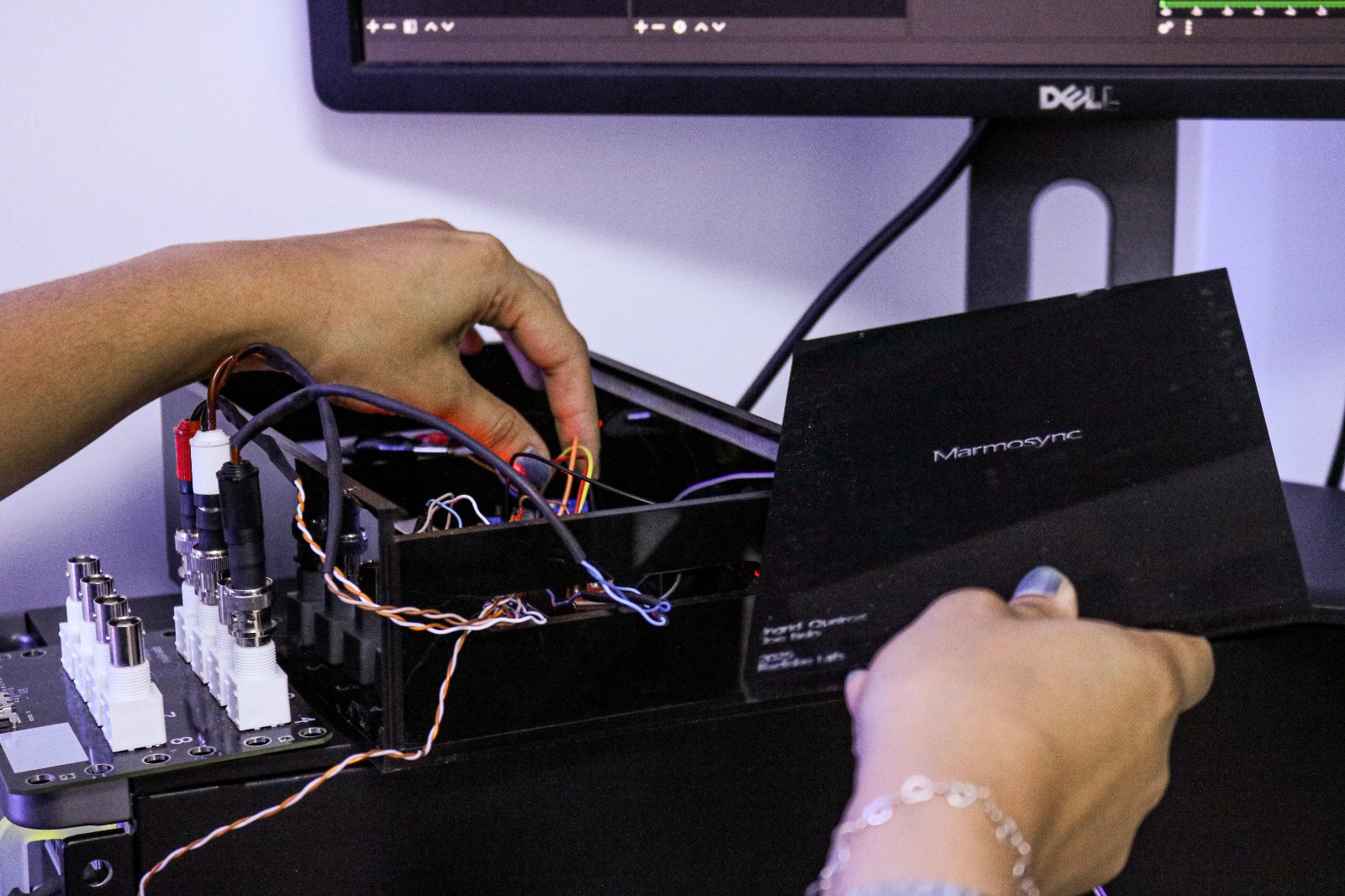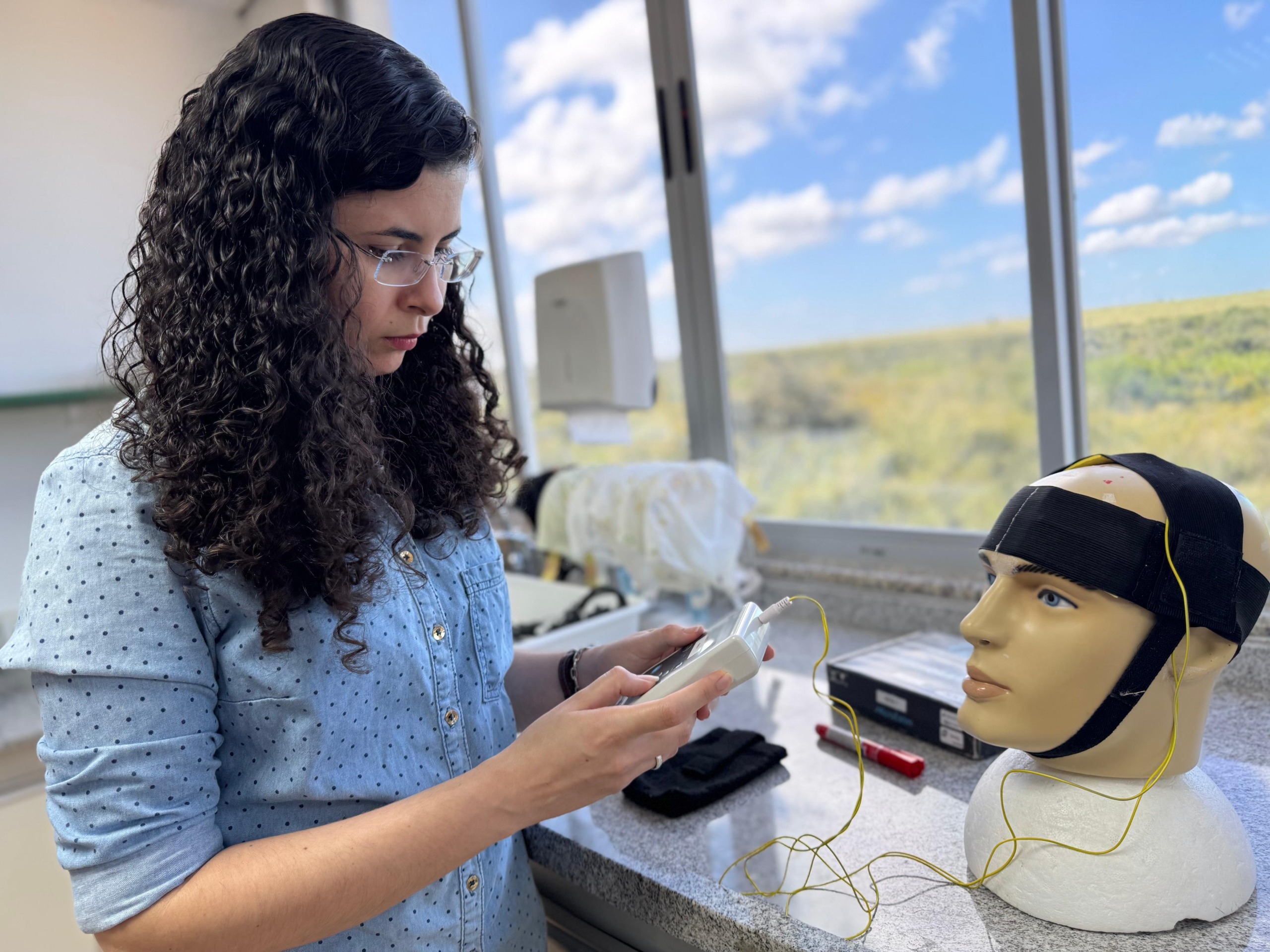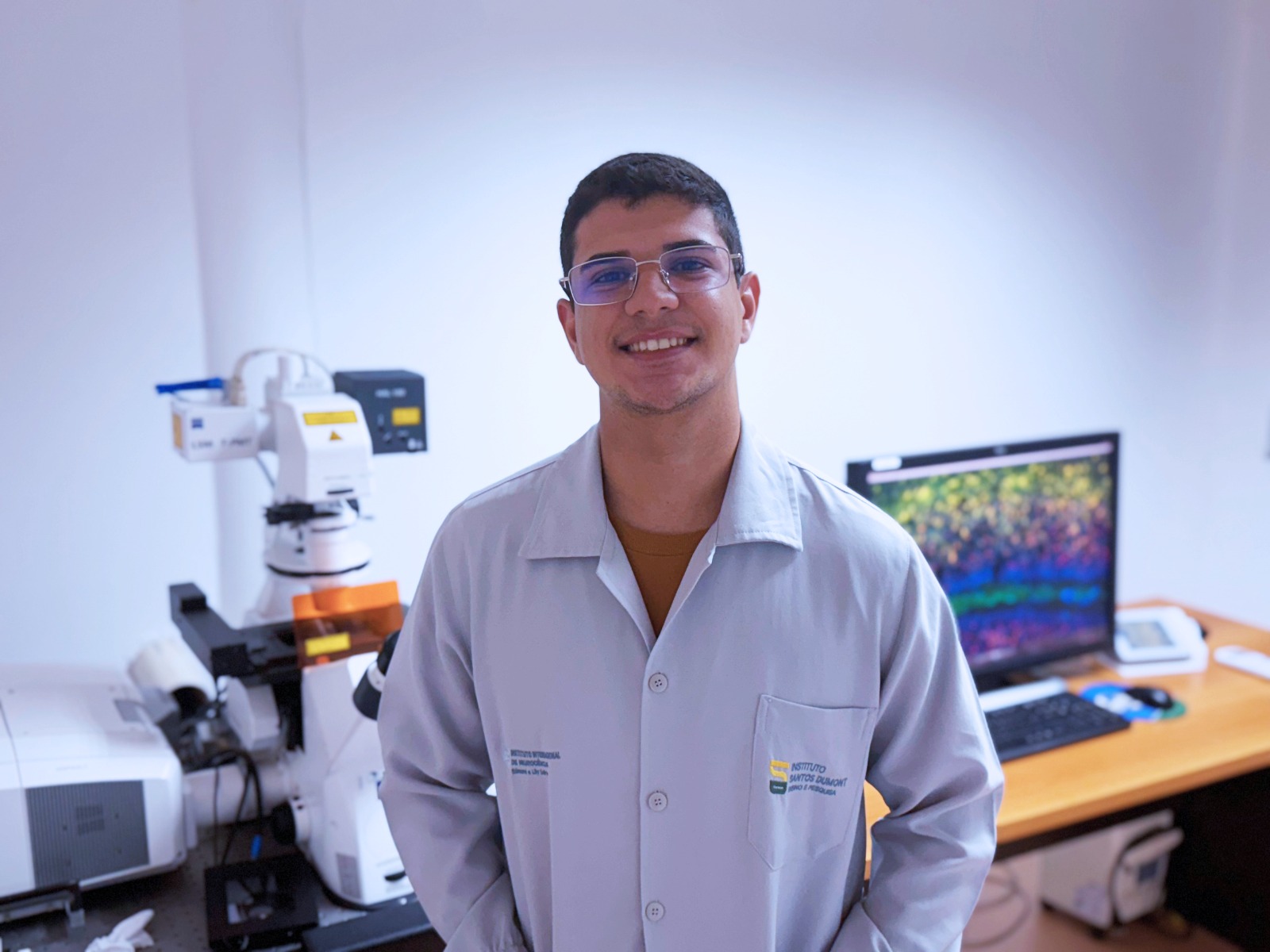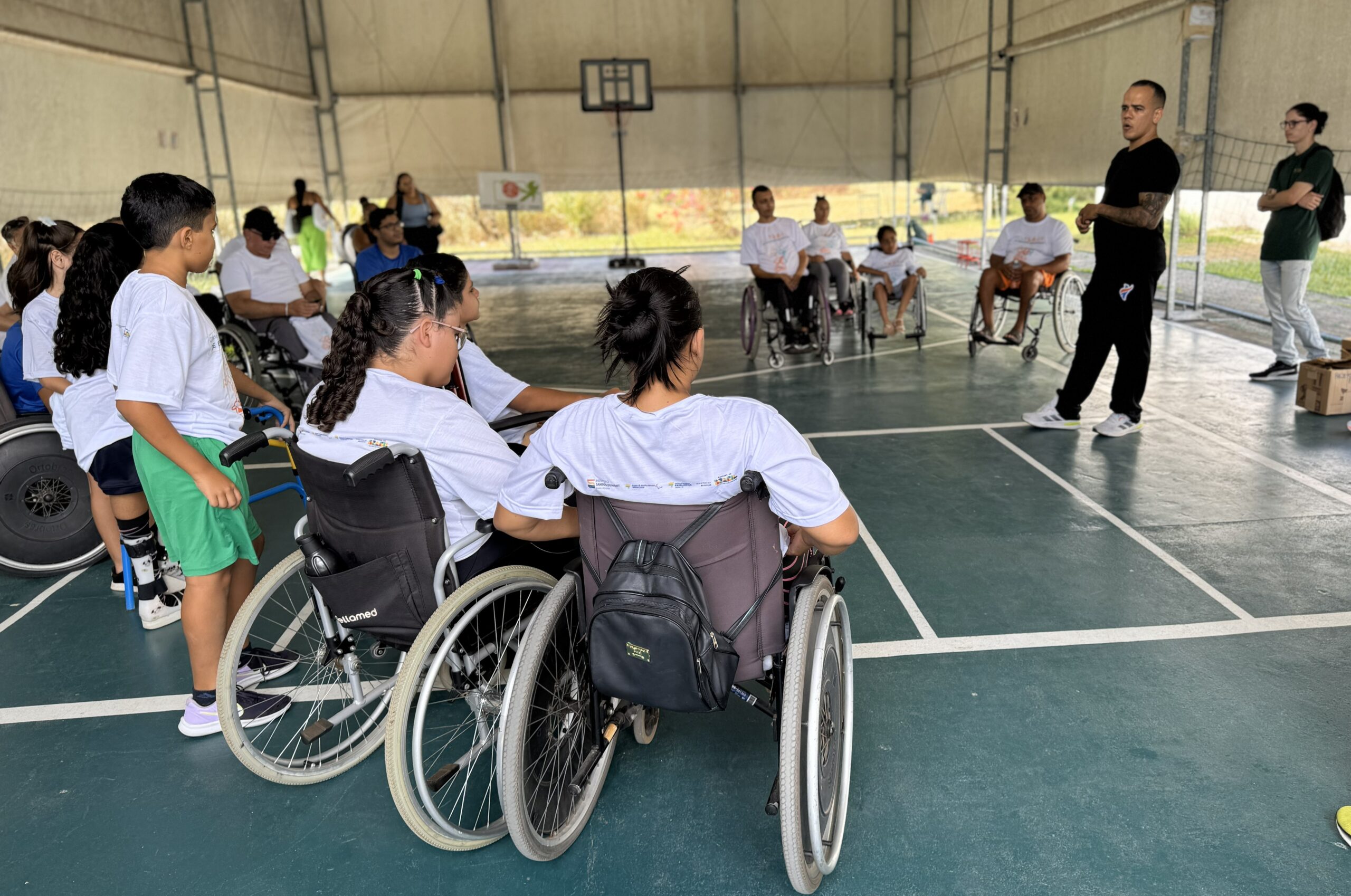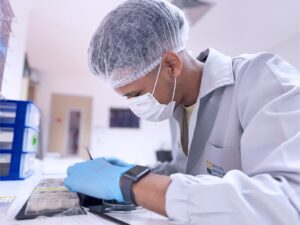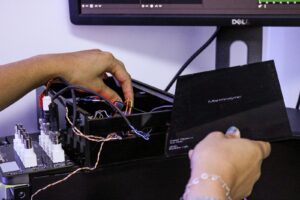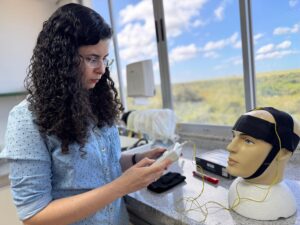In October, the Santos Dumont Institute (ISD) hosted an event to bring together doctors and healthcare professionals, such as physiotherapists, who are part of the teams working on “Strengthening care for children with urological sequelae related to Congenital Zika Virus-associated Syndrome (CZS)”. The event discussed the standardization of a urodynamic study in patients with the disease to identify neurogenic bladder, which is characterized by a lack of control of the organ caused by cerebral palsy, spinal cord injury or tumor, for example.
When completed, the study will serve as the basis for the creation of a protocol to be followed by healthcare workers throughout Brazil, so that referral centers for the syndrome can share information and results in a uniform manner. “The goal is to standardize the process so that the child receives continuous monitoring in a unified manner with all professionals speaking the same language,” highlighted physiotherapist Valéria Azevedo, who holds a Master’s degree in Neuroengineering from ISD.
The project is multicenter. In addition to the Santos Dumont Institute, the Fernandes Figueira Institute/Fiocruz (Rio de Janeiro) and the Professor Joaquim Amorim Neto Institute (Campina Grande) are also participating. With the creation of the protocol, three other institutions will become focal points for the identification and monitoring of the syndrome: the University of Pernambuco (UPE), the Federal University of Maranhão (UFMA) and the State University of Rio de Janeiro (UERJ). The meeting will be attended by researchers from Fiocruz, UPE, UFMA, UERJ, UFCG and the ISD itself, through the urologist preceptor Rafael Pauletti Gonçalves, who acted as mediator, in addition to professionals who work on the project through the Anita Garibaldi Center for Education and Research in Health (Anita), in Macaíba (RN).
The project aims to create a national network with agencies linked to the Unified Health System (SUS), prioritizing the states with the highest number of cases of Congenital Zika Virus Syndrome in Brazil, with the monitoring of patient cohorts (groups of people used in studies or investigations). This new phase of the study could serve as a bridge for future projects on neurogenic bladder, one of the ISD's research lines, as well as Parkinson's and myelocele. Today, according to data from Fiocruz, there are approximately 2,800 children with CZS in Brazil, but only 7% of them have historical records of urological care.
“ISD is a focal point for children with this condition in Rio Grande do Norte. We are strengthening a network of care, assessment and treatment for children with neurological sequelae resulting from the Zika virus,” said Valéria Azevedo. The most common sequelae in patients with Congenital Syndrome associated with the Zika virus (CZS) are neurogenic bowel and bladder, cryptorchidism (which is when the testicle does not descend from the scrotum or one of them is absent from the scrotum).
Understand SCZ
Congenital Zika Virus-Associated Syndrome (CZS) is characterized by a set of alterations in the formation of body structures, mainly in the Central Nervous System. These alterations and their consequences have become increasingly known, thanks to joint efforts by health managers and researchers. However, there are several challenges related to the surveillance of Zika Virus-Associated Syndrome that depend on critical evaluations of ongoing procedures and new scientific evidence; on the training of professionals involved in the three spheres of SUS management; and on ensuring the sustainability of integrated surveillance and care actions for Zika Virus-Associated Syndrome (SCZ).
Among the morbidities related to the syndrome is neurogenic bladder (BN), a change in bladder function that, when not diagnosed and treated properly, can lead to impairment of the entire urinary system, increasing the risk of recurrent urinary infection and kidney damage, in addition to causing urination disorders including chronic urinary incontinence.
There are approximately 2,800 children with SCZ in Brazil, but there is only information about urological care in 7% of them. It is possible that the vast majority of parents, professionals and managers are still unaware of the importance of investigating the urinary tract in these patients, and that 93% of the children are missing the window of opportunity to reverse some urological sequelae related to the development of the syndrome.
Text: Ricardo Araújo / Ascom – ISD
Photograph: Ricardo Araújo / Ascom – ISD
Communication Office
comunicacao@isd.org.br
(84) 99416-1880
Santos Dumont Institute (ISD)
It is a Social Organization linked to the Ministry of Education (MEC) and includes the Edmond and Lily Safra International Institute of Neurosciences and the Anita Garibaldi Health Education and Research Center, both in Macaíba. ISD's mission is to promote education for life, forming citizens through integrated teaching, research and extension actions, in addition to contributing to a fairer and more humane transformation of Brazilian social reality.



